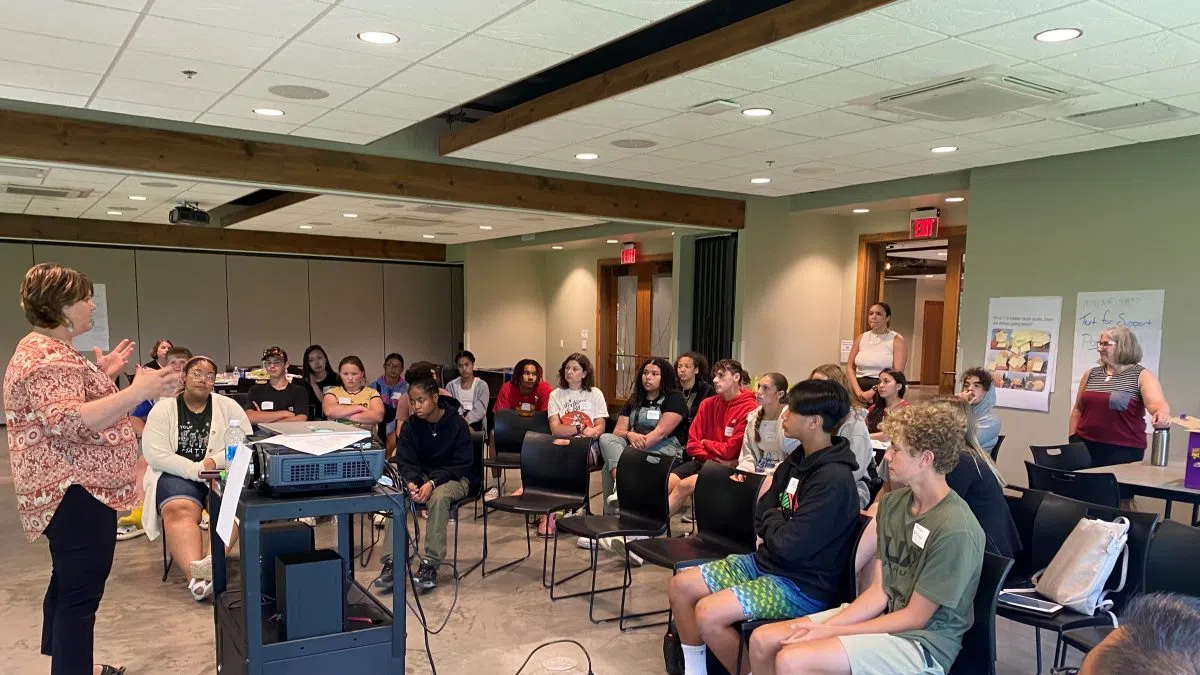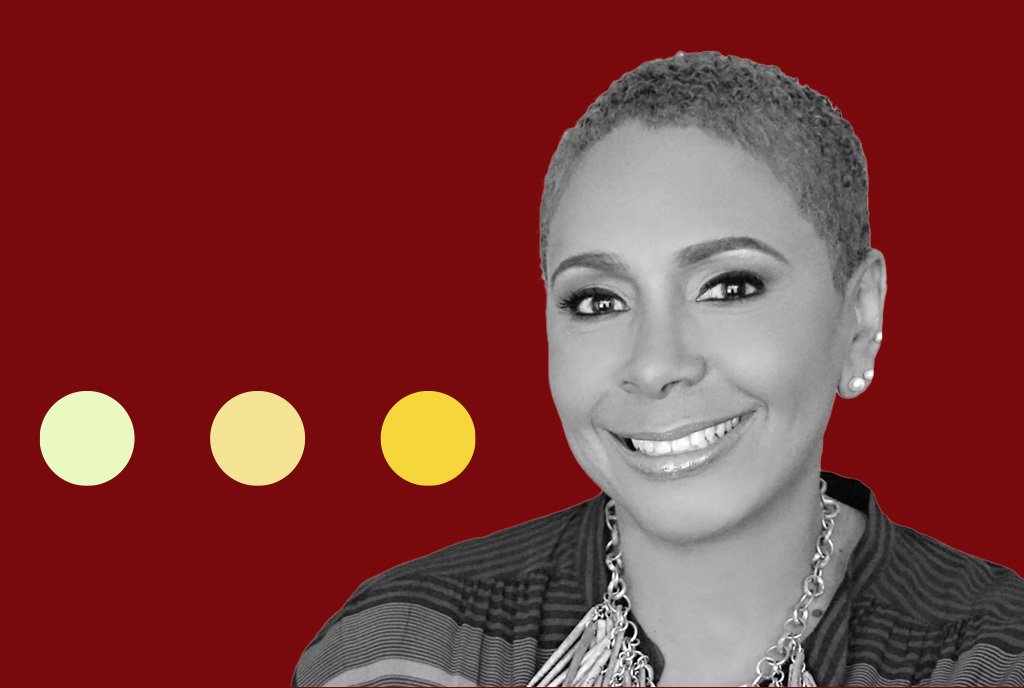NEENAH, WI- As part of its commitment to improve the health and well-being of the communities served, ThedaCare regularly engages a broad array of community leaders to identify and address local health concerns. To help understand the unique needs of each community, ThedaCare conducts Community Health Needs Assessments every three years in each region where a hospital is located. Those areas include Berlin, the Fox Cities (Appleton and Neenah), New London, Shawano, Waupaca and Wild Rose. From the health needs assessments, communities can determine which health concerns to address.
“We recognize the importance of having input from individuals experiencing the health issues their communities are facing, so we organized local Community Health Action Teams (CHAT teams) in each of these markets,” said Paula Morgen, Director of ThedaCare Community Health Improvement (CHI). “These teams are made up of leaders from all sectors of the community, including local government, public health, business, education, health care, philanthropy, non-profit and faith groups. By meeting regularly with people who know their community best, we are able to better understand health issues as well as bring togetherpeople who feel ownership in the community to work together on solutions.”
The primary way CHAT teams help the community learn about the effects of a health issue is through an event known as a ‘plunge,’ which is a daylong immersion into the community to learn firsthand about the issue being studied. CHAT teams have hosted plunges on a variety of concerns ranging from drug and alcohol addiction to the adverse effects of childhood trauma, to the lack of transportation services in an area, to the isolation of farm families. Since 2001, ThedaCare has conducted more than 35 plunges across the communities it serves.
About a week after the plunge, the ThedaCare CHI team reconvenes the plunge participants, which can include as many as 50 to 70 stakeholders, to discuss what they experienced.
“We talk about what we learned, the assets we can build on and where there are gaps in services that could we could address,” Morgen said. “The first-hand experience of the plunge inspires people to want to be part of the solution. People want to make a difference in their community.”
After the facilitated debriefing following the plunge, and once solutions are identified, ThedaCare’s CHI team then becomes the glue that holds the planning together.
“We work with the community to figure out who needs to be at the table talking about what needs to be accomplished, and we keep the initiative moving forward,” said Morgen. “As a local, not-for-profit health system, with our leaders living and raising their families in these communities, we really are a ‘boots on the ground’ system working to improve the health of all the people in the communities we serve.”
In years past, each CHAT team identified a plunge topic for its community, resulting in up to six different plunge topics happening simultaneously. Beginning in 2023, Morgen said the focus would be on a single health concern common to all communities.
“We hope the new structure will create more shared learning across all the communities,” she said. “Our goal in having our CHAT teams work on the same problem is alignment–communities will be able to learn from one another, and by working together, we will have a greater impact across the entire ThedaCare region.”
Determining the First Aligned Plunge Topic To identify the first aligned plunge topic, two members from each of the six CHAT teams were selected to form what ThedaCare calls a “Super CHAT” team. The Super CHAT team met earlier this year and identified health topics of concern in their communities. They discussed all issues and narrowed it down to one. The collective decision of the Super CHAT team was that the topic will focus on youth mental health and social media. “Mental health, particularly coming out of the pandemic, was the number one concern across all markets in our recent Community Health Needs Assessments,” said Tracey Ratzburg,Community Health Improvement Coordinator. “In addition, while we were working through restructuring our plunge activities, the U.S. Surgeon General issued a warning about the effects social media is having on the mental health of teens and pre-teens. When our Super CHAT team focused in on youth mental health and social media use we knew they were choosing a topic that is front and center on many parents’ minds. It is definitely one that
affects youth in every community we serve.”
Recognizing they are not experts about how youth use social media, ThedaCare’s CHI team gathered input from area youth to plan this fall’s plunges. On Tuesday, June 20, ThedaCare brought together 25 youth, from middle school ages through young adults in their early 20s, to talk about the impact of social media on mental health and how they would organize a plunge
day on this topic. Morgen noted it was clear the youth were aware of the negatives of social media, but seemed to accept those risks as part of the cost of staying connected. She noted the younger youth were more concerned about bullying and fear of missing out, whereas the young adults seemed more focused on social media’s long-term impact on younger kids. The group also commented on ways parenting can have positive and negative effects on kids’ social media
behavior.
“They provided some concrete ideas about things to discuss during our fall plunges with community leaders, and we’ll engage some of those youth to be part of our plunge days,” Morgen said. “We will definitely take their advice as we structure the plunge experience for our CHAT groups in each community.”
The local community plunge events will be held in September.
“We look forward to these plunge events, and to the knowledge we’ll gain, along with the ideas that will come together when our community leaders gather afterwards to talk about their experiences,” said Morgen. “We hope the outcomes will have a positive benefit for the mental health of youth in all the communities we serve, and provide some guidelines for parents as they monitor their child’s social media use.”
Credit:Source link



